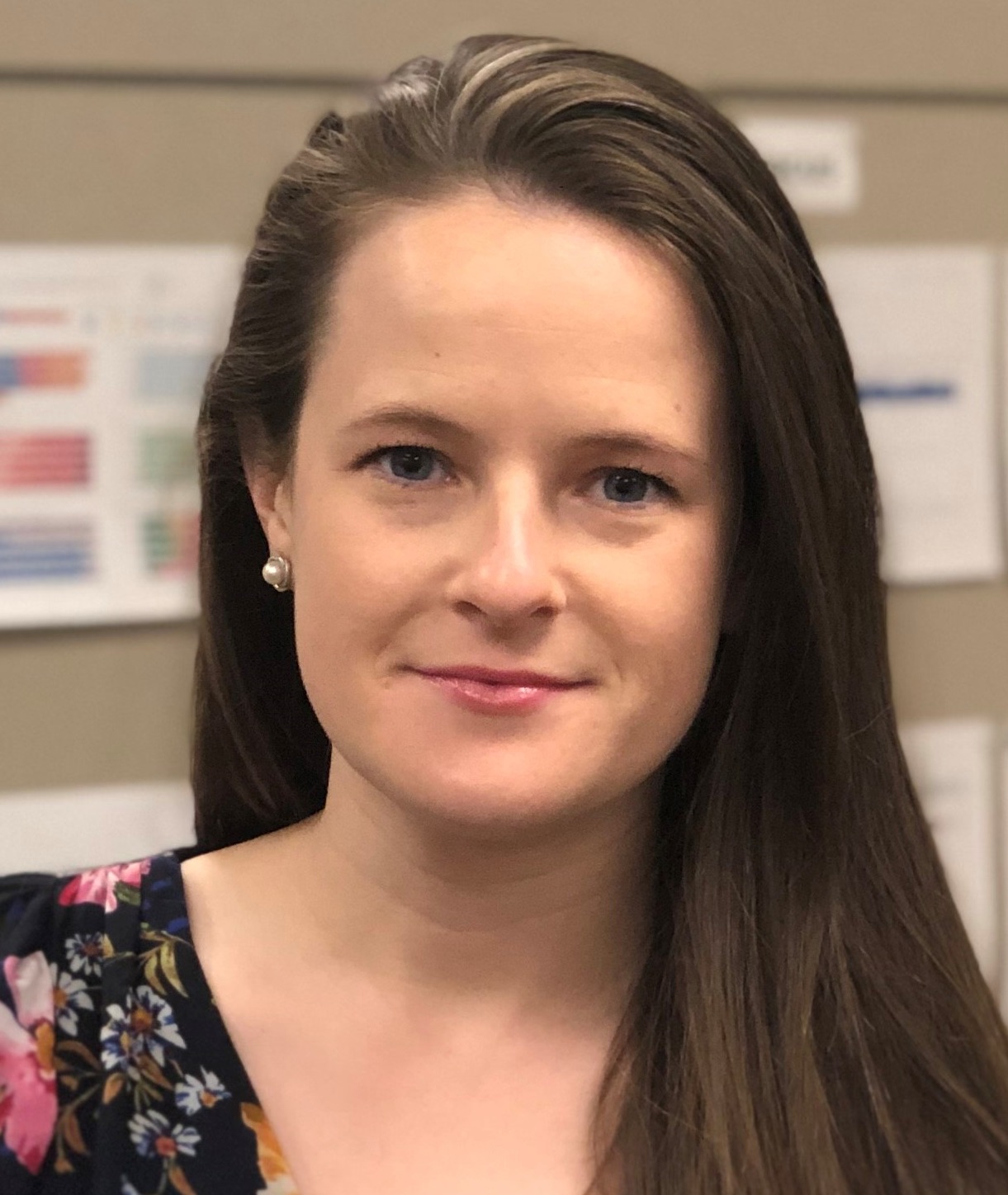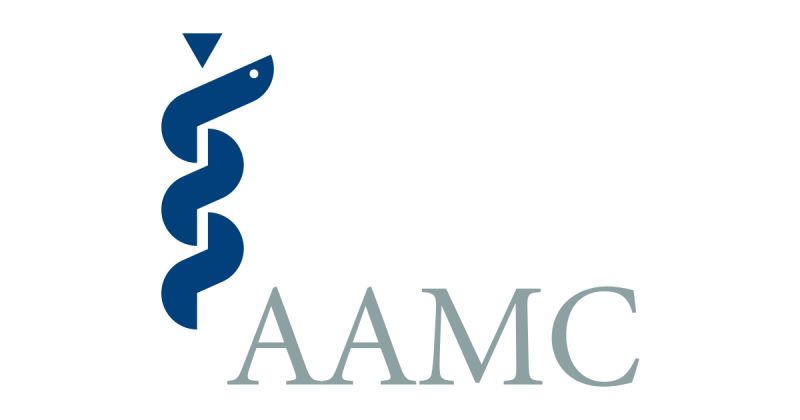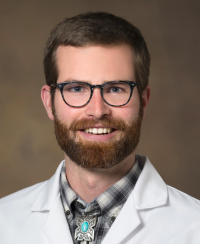
Enhancing pediatric cardiac arrest care starts with 911 calls

A new project will look to improve how pediatric out-of-hospital cardiac arrest (OHCA) calls are handled to improve care and save lives.
Dr. Catherine Counts of the Department of Emergency Medicine is leading the American Heart Association-funded study, examining data from the Seattle Fire Department and Seattle Children’s Hospital.
OHCA among children results in six thousand deaths a year. For those who survive, it’s often a direct result of early arrest recognition and early bystander CPR. However, Counts has identified room for improvement regarding 911 calls for pediatric OHCA since some studies suggest telecommunicators misidentify the degree of illness by over 50% for pediatric patients.
“When someone calls 911, the telecommunicator has to quickly understand what kind of help is needed. Sometimes they might not get all the information right,” said Counts. “This is very true for cases involving sick children, which can affect the types of help they send. “
Machine learning framework that can detect OHCA in adults has been developed, but nothing exists for children. Counts said they aim to develop and train a machine-learning framework that will identify 911 calls for pediatric patients.
The project will occur within the Section of Emergency Medical Services, which Counts said has a long-standing relationship with the Seattle Fire Department.
“Those efforts have resulted in substantial data infrastructure that is unrivaled by most other OHCA research programs. We have considerable experience using this data to improve cardiac arrest survival, and this project will be no different,” said Counts.
The team aims to determine the sensitivity and specificity at which Seattle Fire 911 telecommunicators identify pediatric OHCA during emergency calls. In cases where the telecommunicator fails to identify this, they will seek to determine the root cause.
Counts credits the ability to conduct this study thanks to the data available from the Seattle Fire Department and Seattle Children’s Hospital.
“Together, we have the entire picture of what happened to a child from when they called 911 to when they left the hospital. The Fire Department has also been working with a company that used technology and artificial intelligence to support telecommunicators. These relationships will help make sure this project is successful,” said Counts.
The grant will run for 3 years, and results are expected by early 2027.










